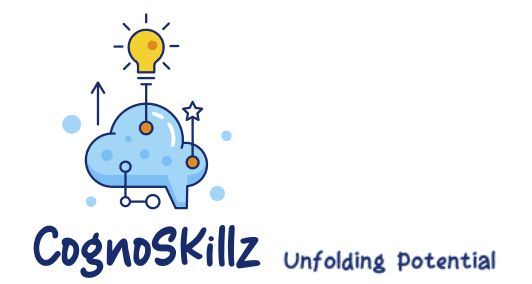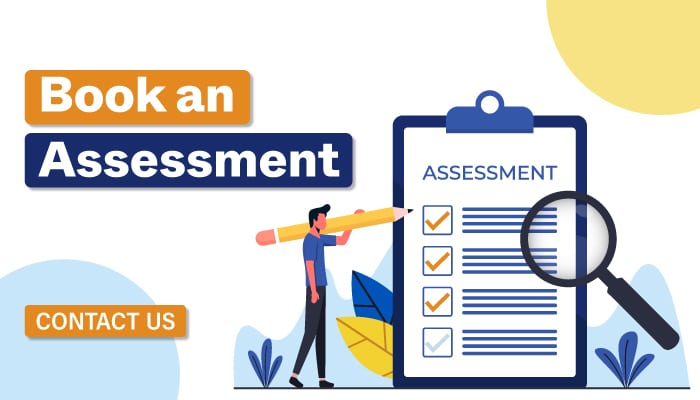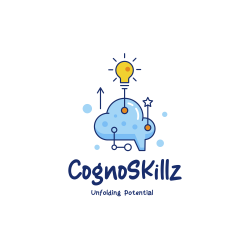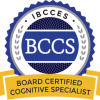Dys-able the Difference
Combating Dyslexia with Brain Training
“Dyslexia is not a pigeonhole to say you can’t do anything. It is an opportunity and a possibility to learn differently. You have magical brains, they just process differently. Don’t feel like you should be held back by it.”
-Her Royal Highness Princess Beatrice
Princess Beatrice frequently addresses classrooms about her experiences managing her dyslexia. She emphasizes the value of having a strategy toolkit, working at one’s own pace, keeping a positive outlook, and attending a school that is dyslexia friendly.
Dyslexia – Definition and Symptoms
Dyslexia, sometimes known as a reading disability, is caused by individual variations in the parts of the brain that handle language. Due to issues with recognizing spoken sounds and understanding how they relate to letters and words, dyslexia makes it difficult to read, write and spell.
The signs of reading disorders or dyslexia don’t worsen with age, but it becomes harder for kids to overcome their learning challenges the longer they go without assistance.
Causes of Dyslexia and Dyslexia support
Many recent studies have identified several specific genes that may predispose a person to developing dyslexia. Though the causes of dyslexia are not fully understood, the condition appears to be highly genetic, and dyslexia is one of the most common learning disabilities.
Problems with IQ, hearing, or vision are not the cause of Dyslexia but it’s possible for Dyslexia to go undetected for years or to only become apparent in adults. So while Dyslexia does not reduce with age, there are methods and techniques for teaching that can support individual reading development and help them deal with difficulties. The role of emotional support rendered by the family and academic environment is very critical too.
Diagnosis and assessment of Dyslexia
One can undergo a Dyslexia assessment at any age. In order to increase reading fluency, speed comprehension, and accuracy in dyslexic individuals, visual perceptual training is a fundamental technique used. With focused tutoring some dyslexic youngsters can improve academically.
However, most of these programs merely accommodate reading difficulties instead of addressing the root cause of reading difficulties.
Brain Training for Learners with Dyslexia & Reading Disorders
On the contrary, Brain training aims it’s focus on the principal cause behind the reading difficulties. Cognitive skills training can restructure brain pathways to improve reading and other learning struggles. It focuses on improving reading skills by targeting the underlying brain skills used for reading and enhancing confidence in the process.
How Cognoskillz brain training program can help with Dyslexia
To provide help with Dyslexia CognoSkillz offers BrainRx brain training programs that focus on specific goals using customized brain games and mental exercises to strengthen how the brain learns and thinks. These training plans primarily focus on auditory processing – the cognitive skills tied to reading and teach a sound-to-code reading system. The training addresses other weak cognitive skills as well, like in some cases the reading difficulty could also be due to weak visual processing skills.
A brain skills assessment is done before training, based on the result, a personalized training is planned for the client.
Contact us to have an initial one on one conversation about how we can help with Dyslexia or to book an assessment.
Quote Source
Princess Beatrice I Dyslexia Help at the University of Michigan
Designed by : Webcap



